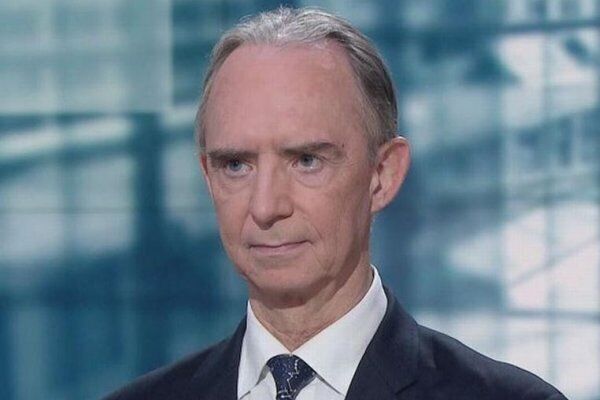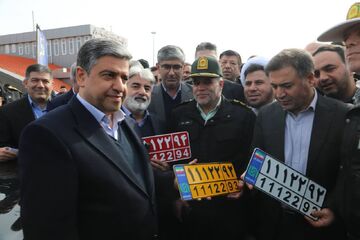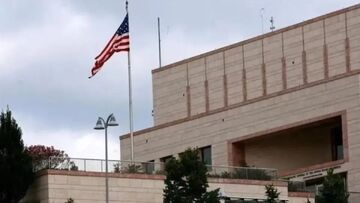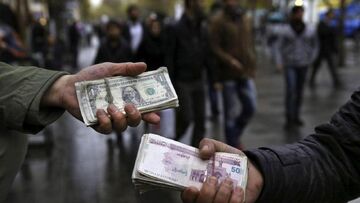TEHRAN(Bazaar) –Marc Finaud, Associate Fellow at the GCSP at the Geneva Centre for Security Policy (GCSP), says the Biden administration's policy toward Iran, as described in ‘Foreign Affairs’ in June, seems to be based on a ‘Plan C’ (not a revival of the JCPOA, no military action, but messaging and pressure to lead Iran to reduce its 60% enriched uranium).
He adds that “Foreign policy is usually not high on the agenda of the presidential campaign, and Biden's advisors will always stress that the release of American citizens can only be a political victory.”
Following is the full text of interview:
Q: The issue of prisoner exchange between Iran and the United States was carried out. Will this have an impact on the revival of the JCPOA?
A: It is difficult to say at this stage. The Biden administration's policy, as described in "Foreign Affairs" in June, seems to be based on a "Plan C" (not a revival of the JCPOA, no military action, but messaging and pressure to lead Iran to reduce its 60% enriched uranium). The IAEA has already reported a slight decrease in the production of 60%-enriched uranium.
Q: Washington has announced that it does not consider the prisoner exchange agreement with Iran to be a confidence-building step between the two countries. What is your assessment of this issue?
A: It is irrelevant what each side calls this type of measure. In practice, it is a successful case of diplomatic negotiation mediated by Qatar with the help of Oman and Switzerland that was made possible because each side made concessions and gained benefits.
Q: President Biden announced in a statement after this exchange that the US will continue to impose costs on Iran for its provocative actions in the region. Could this message mean to remove his government from the internal pressures that condemned him to pay ransom to Iran regarding the release of Iran's blocked funds?
A: The Republicans will certainly continue to criticize the deal, but objective and sincere commentators can only agree that the assets released for Iran are Iranian money and that Iran will be able to use it under the control of Qatar for paying for medicine and humanitarian goods.
Q: What effect will this agreement have on Biden's presidential campaign?
A: Foreign policy is usually not high on the agenda of the presidential campaign, and Biden's advisors will always stress that the release of American citizens can only be a political victory.
Q: Qatar has expressed hope that this agreement will open the way to solve other issues between Iran and America. Considering the success of this country in this agreement, how likely is Doha to continue this mediation in the field of the nuclear agreement?
A: Qatar has a dynamic foreign policy in the Middle East. It already served as an intermediary between Western countries and the Taliban. Although, contrary to Saudi Arabia and the UAE, it didn't join the "BRICS Plus", its stated policy is to seek balance between the US and China, that is increasing its presence in the region. However, in the nuclear file, it will likely be up to Washington to decide whether to let Qatar continue its mediation with Iran.
















نظر شما